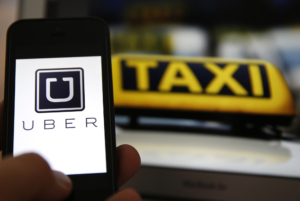
Some big thinkers have postulated that the employer-employee relationship will radically shift in the next 20 years. We all grew up in the world of “employment”. We’ve taken for granted that getting a job working for someone else is the normal way of living. It wasn’t dominant until a couple hundred years ago.
Farmers, merchants, and tradesmen were their own bosses throughout the history of work. Even manual laborers – at least those who were not slaves and soldiers – did not have indefinite employers. They were independent contractors.
The world of Uber illustrates the way that employer-employee relations may be heading in many industries. This is both wonderfully liberating and horribly scary. But it is the future. Embrace the wave.